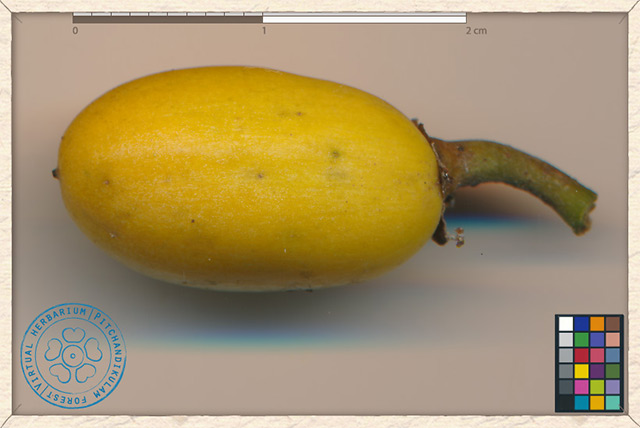Fortifying with olive mill wastewater and pomace extracts can improve oxidative stability of sunflower oil
05/16/2019 / By Evangelyn Rodriguez

In this study, researchers from the Abant Izzet Baysal University in Turkey investigated the effects of olive mill wastewater (OMW) and olive pomace (OP) extracts (1 and 2 mg/g), lecithin (L, 1-5 mg/g), and ascorbyl palmitate (AP, 0.2 mg/g) on the oxidative stability of refined sunflower oil (SFO) and its purified triacylglycerols (TAGs) under accelerated oxidation conditions. The results of their study were published in the Journal of Food Processing and Preservation.
- Edible oils contain high amounts of unsaturated fatty acids, which are susceptible to oxidation during heat-requiring food processes.
- Natural antioxidants are preferably used to increase the oxidative stability of edible oils.
- Olive mill byproducts contain valuable phenolic compounds that have high antioxidant capacity.
- The researchers hypothesized that OMW and OP extracts in different combinations with L and AP can increase the oxidative stability of SFO.
- They reported that treatment with OMW methanol extract (1 mg/g) increased the induction period of TAGs from 6.84 to 11.27 hr, while OP extracts provided less protection (9.79 hr) at 90 C in Rancimat.
- The K232 values of SFO with extracts (1 mg/g) and AP (0.2 mg/g) were lower than those of butylated hydroxytoluene (BHT), butylated hydroxyanisole (BHA), and alpha-tocopherol-containing oil samples at 60 C.
- Binary combinations of extracts with AP (0.2 mg/g) or L (5 mg/g) also effectively decreased the K232 and K270 values of TAGs during oxidation.
Based on these results, the researchers concluded that OMW and OP extracts can be synergistically used with L or AP for the stabilization of SFO against oxidation.
Journal Reference:
Gunal D, Turan S. EFFECTS OF OLIVE WASTEWATER AND POMACE EXTRACTS, LECITHIN, AND ASCORBYL PALMITATE ON THE OXIDATIVE STABILITY OF REFINED SUNFLOWER OIL. Journal of Food Processing and Preservation. 05 September 2018;42(9). DOI: 10.1111/jfpp.13705
Tagged Under: antioxidants, Ascorbyl palmitate, edible oils, fatty acid oxidation, Food Preservation, food science, food shelf life, food spoilage, industrial processing, Lecithin, olive mill byproducts, olive oil production, olive pomace, phenolic compounds, rancidity, recycling, refined sunflower oil, research, unsaturated fatty acids
RECENT NEWS & ARTICLES
COPYRIGHT © 2017 FOOD SCIENCE NEWS


















